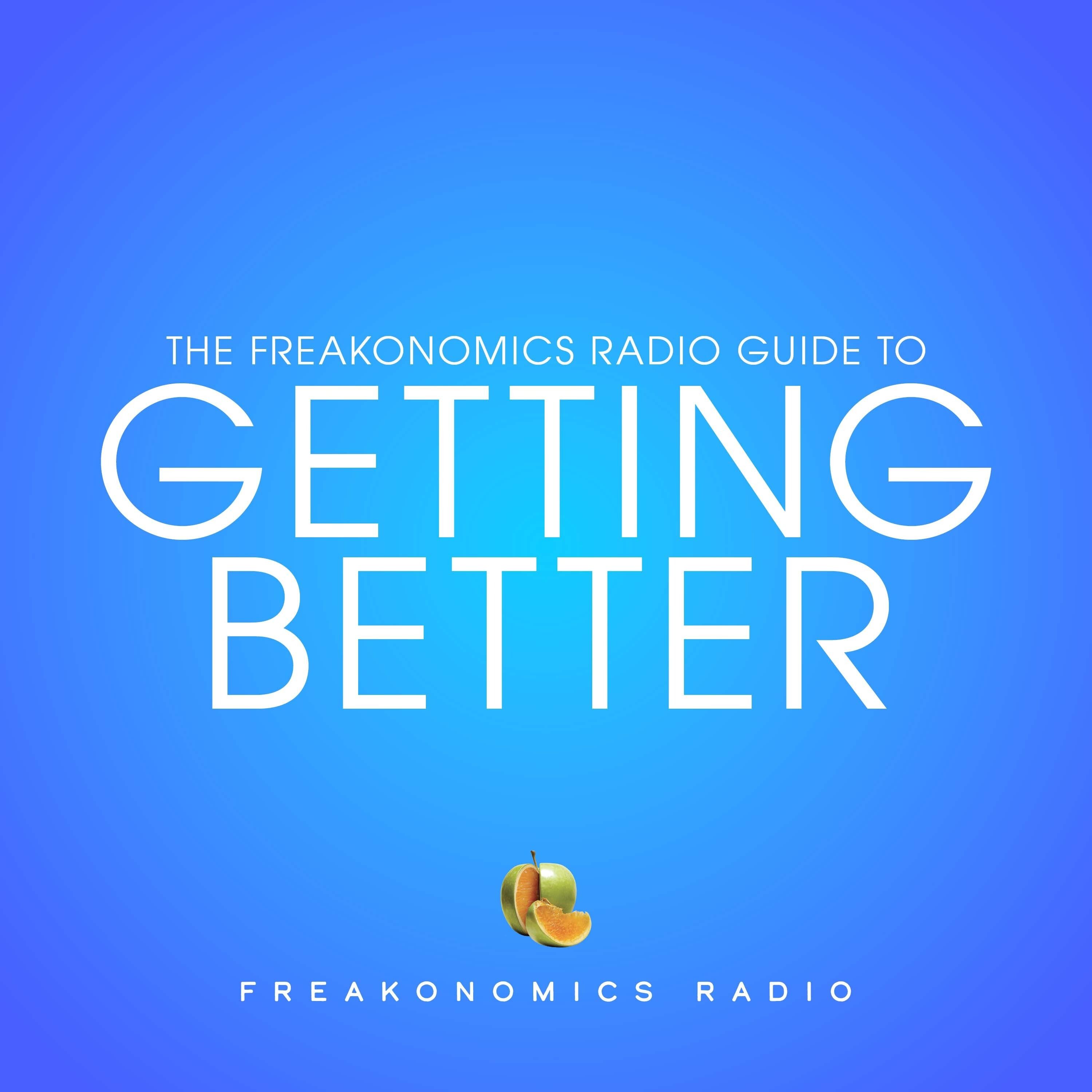Freakonomics Radio
For 50 years, the healthcare industry has been trying (and failing) to harness the power of artificial intelligence. It may finally be ready for prime time. What will this mean for human doctors — and the rest of us? (Part four of “The Freakonomics Radio Guide to Getting Better.”)
- SOURCES:
- Bob Wachter, professor, chair of the department of medicine at the University of California, San Francisco.
- Pierre Elias, cardiologist, assistant professor of biomedical informatics at Columbia University, medical director for artificial intelligence at NewYork-Presbyterian Hospital.
- RESOURCES:
- A Giant Leap: How AI Is Transforming Healthcare and What That Means for Our Future, by Bob Wachter (2026).
- “Epic Systems (MyChart),” by Acquired (2025).
- “Detecting structural heart disease from electrocardiograms using AI,” by Pierre Elias and Timothy Poterucha (Nature, 2025).
- “What Are the Risks of Sharing Medical Records With ChatGPT?” by Maggie Astor (New York Times, 2025).
- “Will Generative Artificial Intelligence Deliver on Its Promise in Health Care?” by Bob Wachter and Erik Brynjolfsson (JAMA, 2023).
- The Digital Doctor: Hope, Hype, and Harm at the Dawn of Medicine’s Computer Age, by Bob Wachter (2015).
- EXTRAS:
- “The Doctor Won’t See You Now,” by Freakonomics Radio (2025).
- “How to Stop Worrying and Love the Robot Apocalypse (Update),” by Freakonomics Radio (2024).
Hosted by Simplecast, an AdsWizz company. See pcm.adswizz.com for information about our collection and use of personal data for advertising.

579. Are You Caught in a Social Media Trap?
Economists have discovered an odd phenomenon: many people who use social media (even you, maybe?) wish it didn’t exist. But that doesn’t mean they can escape. SOURCES: Leonardo Bursztyn, professor of economics at the…
Extra: What Is Sportswashing — and Does It Work? (Update)
In ancient Rome, it was bread and circuses. Today, it’s a World Cup, an Olympics, and a new Saudi-backed golf league that’s challenging the PGA Tour. Can a sporting event really repair a country’s reputation…
578. Water, Water Everywhere — But You Have to Stop and Think
What surprises lurk in our sewage? How did racist city planners end up saving Black lives? Why does Arizona grow hay for cows in Saudi Arabia? Three strange stories about the most fundamental substance we…
Is Google Getting Worse? (Update)
It used to feel like magic. Now it can feel like a set of cheap tricks. Is the problem with Google — or with us? And is Google Search finally facing a real rival, in…
Extra: Mr. Feynman Takes a Trip — But Doesn’t Fall
A wide-open conversation with three women who guided Richard Feynman through some big adventures at the Esalen Institute. (Part of our Feynman series.) SOURCES: Barbara Berg, friend of Richard Feynman. Cheryl Haley, friend of…
The Vanishing Mr. Feynman
In his final years, Richard Feynman’s curiosity took him to some surprising places. We hear from his companions on the trips he took — and one he wasn’t able to. (Part three of a three-part…
The Brilliant Mr. Feynman
What happens when an existentially depressed and recently widowed young physicist from Queens gets a fresh start in California? We follow Richard Feynman out west, to explore his long and extremely fruitful second act. (Part…
How the San Francisco 49ers Stopped Being Losers (Update)
They’re heading to the Super Bowl for the second time in five years. But back in 2018, they were coming off a long losing streak — and that’s the year we sat down with 49ers…
The Curious Mr. Feynman
From the Manhattan Project to the Challenger investigation, the physicist Richard Feynman loved to shoot down what he called “lousy ideas.” Today, the world is awash in lousy ideas — so maybe it’s time to get…
574. “A Low Moment in Higher Education”
Michael Roth of Wesleyan University doesn’t hang out with other university presidents. He also thinks some of them have failed a basic test of good sense and decency. It’s time for a conversation about college,…
